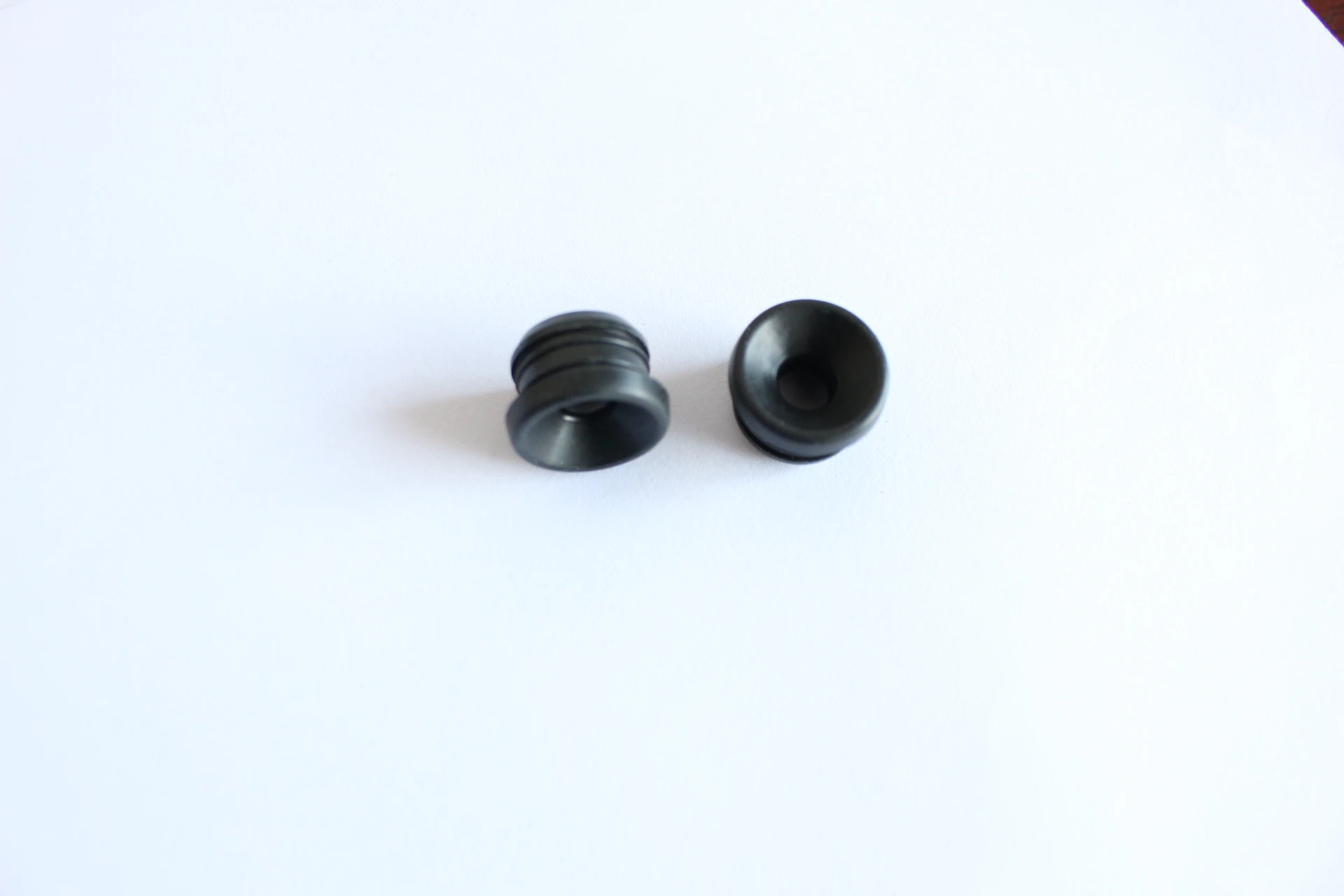Mechanical Bellows - High-Quality Flexible Sealing Solutions
Understanding Mechanical Bellows A Comprehensive Overview
Mechanical bellows are versatile components used in various engineering applications to accommodate movement, compensate for thermal expansion, and provide a seal against external elements. These flexible structures consist of a series of folds or convolutions, allowing them to stretch and compress while maintaining a barrier against gases and liquids. Their unique design makes them crucial in many industries, including aerospace, automotive, oil and gas, and manufacturing.
One of the primary functions of mechanical bellows is to absorb movement. In applications where machinery experiences vibrations or thermal expansions, bellows can flex to accommodate these changes. This is particularly important in systems such as piping and pump assemblies, where movement can lead to stress and ultimately cause failures if not properly managed. By providing a flexible joint, bellows help to prevent leaks and extend the life of the equipment.
Another significant advantage of mechanical bellows is their ability to create a hermetic seal. In environments where contamination from external elements is a concern, bellows can serve as an effective barrier. For instance, in semiconductor manufacturing, contamination control is paramount. Bellows can be utilized in vacuum systems and other environments requiring a clean atmosphere, preventing particles from entering sensitive equipment.
mechanical bellows

Materials used to manufacture mechanical bellows vary based on the intended application. Common materials include stainless steel, rubber, and various alloys. Stainless steel bellows are prized for their durability and corrosion resistance, making them ideal for harsh environments. Rubber bellows, on the other hand, offer excellent elasticity and are often used in applications where flexibility is key.
The design of mechanical bellows can also be tailored to meet specific operational needs. Engineers can customize parameters such as the number of convolutions, the thickness of the material, and the overall dimensions to optimize performance for a particular application. This adaptability is one of the reasons why bellows are a preferred solution in many engineering problems.
In conclusion, mechanical bellows play an essential role in modern engineering, providing solutions for movement absorption, maintaining seals, and adapting to various environmental conditions. Their combination of flexibility, durability, and customizability makes them invaluable components across a wide range of industries. As technology advances, the significance of mechanical bellows will likely continue to grow, ensuring their place in future innovations and designs.
-
The Ultimate Guide to Car Repair Kits: Tools and Essentials Every Driver Should Own
News Aug.01,2025
-
The Complete Guide to Oil Pan Gaskets: Sealing Engine Leaks the Right Way
News Aug.01,2025
-
Preventing Oil Leaks: A Complete Guide to Oil Pan Gaskets and Drain Seals
News Aug.01,2025
-
Everything You Need to Know About Oil Pan Gaskets and Drain Plug Seals
News Aug.01,2025
-
Essential for Car Owners: How to Use a Car Repair Kit to Deal with Minor Breakdown
News Aug.01,2025
-
Comprehensive Guide to Engine Oil Sump Gaskets and Related Seals
News Aug.01,2025
-
The Ultimate Guide to Boat Propeller Bearings and Trailer Wheel Bearings
News Jul.31,2025
Products categories















